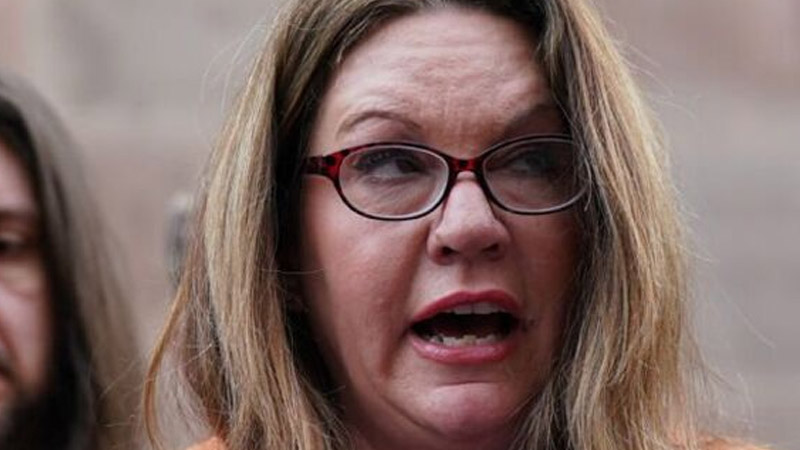
Triple Murderer Receives State Benefits While Detained Sparking Outrage and Legal Debate, As he is not in prison

Valdo Calocane, a 32-year-old individual convicted of three murders, has found himself at the center of a controversial legal loophole that allows him to receive state benefits, even as he remains under detention. Unlike prisoners who are disqualified from receiving such financial aid, Calocane, who is now a patient at the high-security Ashworth Hospital in Merseyside, retains his eligibility for Universal Credit, which could amount to up to £360 per month.
This situation arises from the legal distinctions between being incarcerated in a prison and being detained in a psychiatric hospital for treatment. Calocane, initially charged with the heinous murders of two 19-year-old students, Barnaby Webber and Grace O’Malley-Kumar, and a 65-year-old school caretaker, Ian Coates, saw his charges reduced to manslaughter due to his diagnosis of paranoid schizophrenia.
The decision to downgrade Calocane’s charges and the subsequent entitlement to benefits has sparked outrage and a profound sense of injustice among the victims’ families. Emma Webber, the bereaved mother of Barnaby, expressed her devastation and the compounded grief that this revelation has brought upon the families already struggling to navigate their immense loss.
The notion that Calocane could accumulate a considerable sum in state benefits, on top of the significant taxpayer money allocated for his detention, has led to calls for an urgent review of the existing laws, told The SUN. Sir Mike Penning, with his background as a former justice and home office minister, has voiced his concern over the current policy, questioning the fairness of allowing someone responsible for such grievous crimes to benefit from taxpayer-funded support.
This sentiment is echoed by Mel Stride, the Secretary for Work and Pensions, who is reportedly taking an urgent look at the specifics of this case. The broader implications of Calocane’s case, including the handling by the Crown Prosecution Service (CPS) and the potential for a public inquiry led by Rishi Sunak, are also under scrutiny. The families of the victims have been particularly vocal about their dissatisfaction with the plea of manslaughter, which they perceive as an escape from full accountability for the crimes committed.
Further complicating the situation is the revelation of a previous assault by Calocane on two colleagues, an incident that, despite being reported to the police, did not result in his arrest before the tragic events in Nottingham. This has raised additional concerns about the adequacy of the response by law enforcement and the judicial system to potential warning signs.
The legal framework underpinning Calocane’s entitlement to benefits stems from the specific sections of the Mental Health Act under which he was detained. The distinction between different types of detention orders has significant implications for the rights and entitlements of individuals in such circumstances.
As the debate continues, with calls for immediate legislative review and potential governmental inquiries, the case highlights the complex interplay between mental health, criminal justice, and social welfare systems. It underscores the need for a nuanced approach that balances the rights of individuals receiving psychiatric care with the broader considerations of public safety and the interests of victims and their families.
